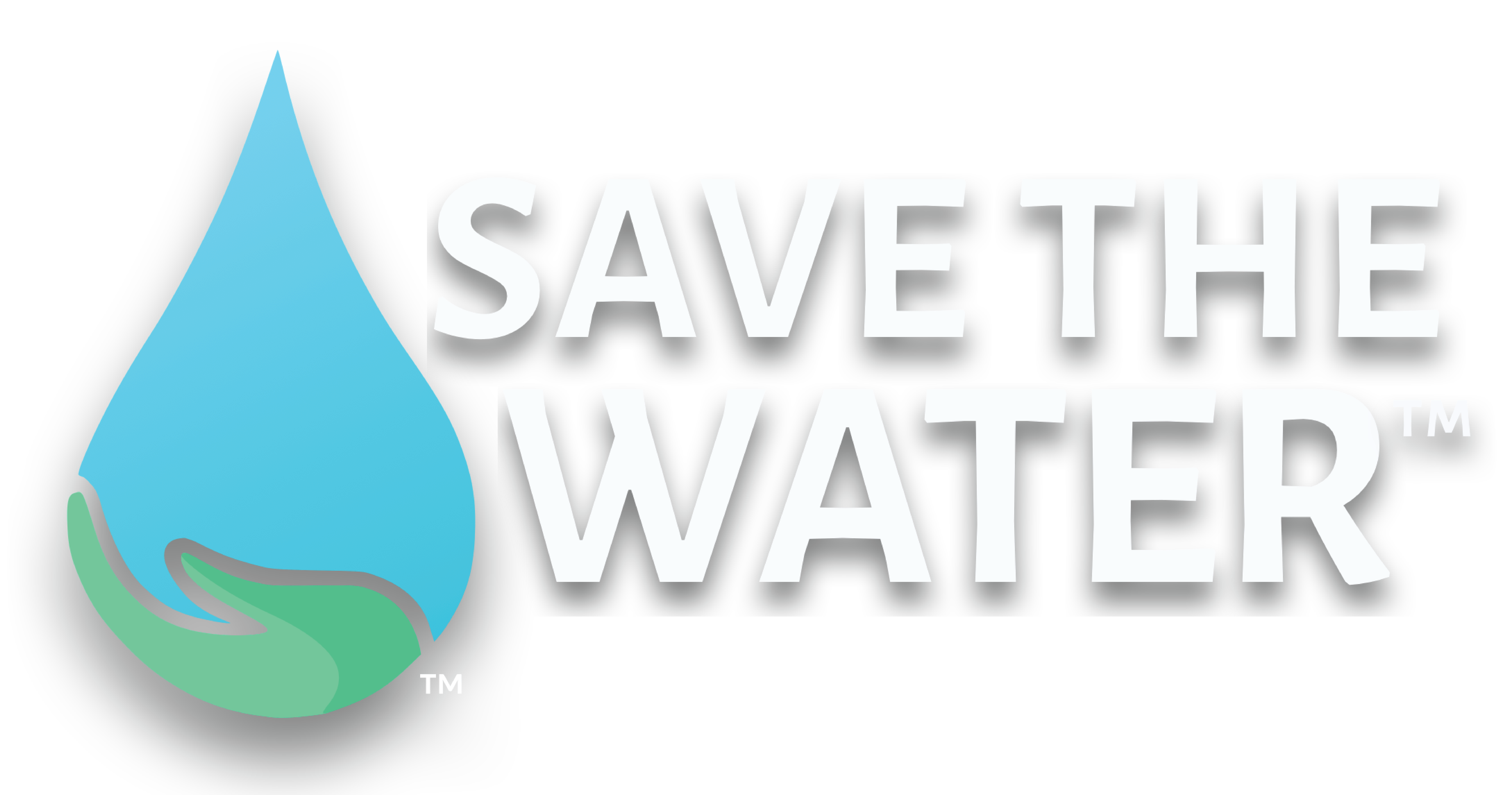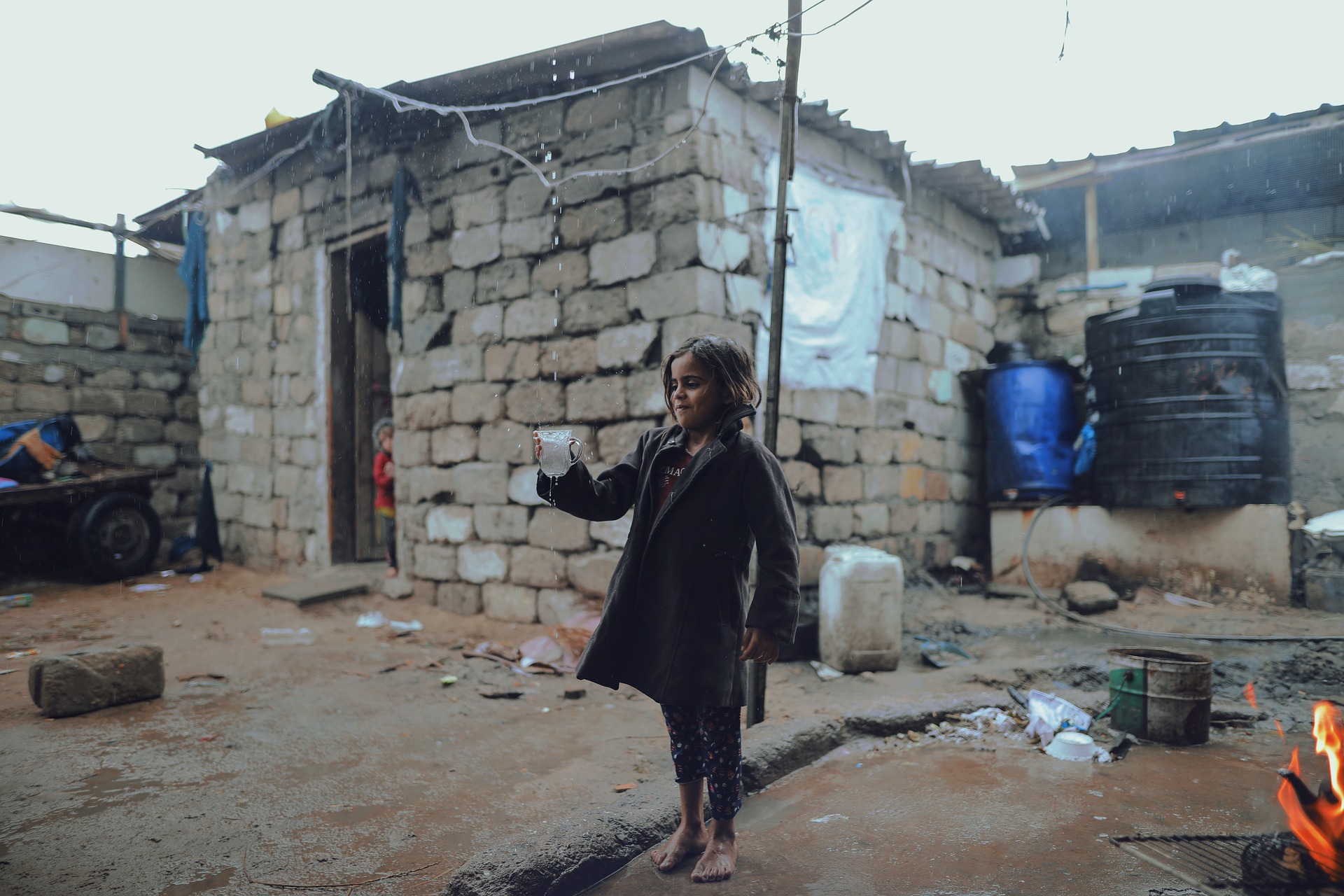By Jon Fern, Staff Writer for Save The Water™ | September 2, 2014
As the recent offensive between Israel and Hamas continues to impact civilian life on either side of Israel’s border with Gaza, news agencies around the world have intensified their focus on this troubled region, decrying the loss of life and calling for a lasting ceasefire, which finally seems to be holding.
The new crisis in the region is not the threat of violence, however: it is the scarcity of safe drinking water.
Gaza has ongoing water supply issues which were prevalent even before the recent violence. These issues have only been intensified by recent military operations.
A spokesperson for UNRWA (United Nations Relief and Works Agency) in Gaza reported at the beginning of August:
‘There is no drinkable water in Gaza. People bought it even before the war. Some desalination plants have been shut down because of direct hits or lack of spare parts.
‘It is difficult now even to buy drinkable water. I personally waited four days to buy it for my home. The sewage system in the eastern part of Gaza City had been extremely damaged and the normal water is mixed with untreated water, causing diseases that UNICEF warned of today.
‘A few desalination units are still working but they can’t answer the needs of the people. You will find out that more than one million people are without normal water. Salty water is being used for washing, cooking and other issues.’1
This situation became worse as a series of failed ceasefires saw hostilities between Hamas and the Israeli Defence Force flare up again, but now, with the war seemingly over and a lasting truce being brokered, repairs to the water infrastructure are finally being undertaken.
This is not the first time conflict has cut off the flow of drinking water to civilians. When people become displaced as a result of military operations, their physical access to drinking water is often disrupted, causing immeasurable hardship to families. Humanitarian aid becomes a vital necessity, with bottled water and communal taps becoming life-lines to dispossessed civilians.
But water supply infrastructure can also become damaged during air strikes and rocket attacks, as occurred during the Kosovo War when the main water pipeline to the region was ruptured.2 Sometimes damage is incidental to intended targets, with water towers and pipes caught in the crossfire; at other times, damage is intentional, designed to weaken an enemy state’s infrastructure.
Water safety is also impacted by pollutants released by military operations. The 1991 Gulf War, for instance, led to crude oil and its combustion products widely contaminating the upper soil layer in Kuwait.3 This resulted in direct pollution of the groundwater aquifer, the region’s main drinking water reserve.
Benzene and trichlorethylene can also find their way into drinking water via air base operations. Perchlorate, a highly toxic rocket propellant and general component of explosives, has been found to contaminate water supplies, as has cyclonite, a suspected carcinogen.4
When water supplies are withheld, or diverted, in times of conflict, this vital resource can even become a weapon of war. When the drinking water supply in Aleppo was reportedly cut-off in May during the ongoing Syrian civil war, around 2.5 million people lost access to safe water for eight days.5
Ban Ki-Moon, Secretary-General of the United Nations, responded to the incident with a statement in which he declared that ‘preventing people’s access to safe water is a denial of a fundamental human right. Deliberate targeting of civilians and depriving them of essential supplies is a clear breach of international humanitarian and human rights law.’6
By solving international disputes without recourse to military operations, another route for pollutants to enter drinking water supplies will be closed; this depends, however, on the world’s appetite for peace being greater than its appetite for destruction, a state that currenly seems distant and unrealistic as violence continues to flare in familiar hotspots around the globe.
References
1. UN Spokesperson (identity protected). 2014. Subject matter expert. Personal communication on 6th August 2014.
2. United Nations Environment Programme, 1991. The Kosovo conflict – Consequences for the environment and human settlements, UNEP and UNCHS, United States. https://unepgrid.ch/en Accessed 6th August 2014.
3. Literathy, P., et al. 2003. Pollution potential of oil-contaminated soil on groundwater resources in Kuwait. Water Sci Technol.2003;47(7-8):259-65. https://www.ncbi.nlm.nih.gov/pubmed/12793688 Accessed 6th August 2014.
4. Albright, R., 2011. Cleanup of Chemical and Explosive Munitions: Location, Identification and Environmental Remediation. William Andrew (Elsevier), Norwich, New York. Accessed 6th August 2014.
5. Deen, T., 2014. U.N. Decries Water as Weapon of War in Military Conflicts. Inter Press Service. http://www.ipsnews.net/2014/05/u-n-decries-water-as-weapon-of-war-in-military-conflicts/ Accessed 6th August 2014.
6. Ki-Moon, B., 2014. Statement attributable to the Spokesman for the Secretary-General on Syria. United Nations Press Release. https://www.un.org/sg/en/content/sg/statement/2014-05-16/statement-attributable-spokesman-secretary-general-syria Accessed 6th August 2014.



